This week I am interviewing Linda Fagioli-Katsiotas, a New York teacher and writer who married a Greek in the 1980s and bravely went to live with her new family in a remote and raw village in Epirus, in Greece. Her fascinating story is the subject of her memoir The Nifi.
Q: Welcome to my blog, Linda. Tell us a bit about yourself.
A: First let me thank you for inviting me to this interview. I was born and raised on Long Island, outside of New York City. My father’s parents were Italian immigrants and my mother was from the little town of Malone, in the Adirondack Mountains; her parents were French Canadian. I’ve been a teacher for 21 years, working with immigrant children at my local school.
Q: In your 20s you married a Greek. Tell us a little about that.
A: I met my husband in 1980 at a restaurant on Long Island, where we worked together. Nick had been in the US since 1978 and didn’t speak a lot of English but it was enough. Later we eloped after knowing each other for about a year. It was a marriage with all the trimmings for failure: different culture, religion, language, ethnic background, but somehow we made it.
Q: Later you went to live for a while in your husband’s native village of Margariti, in Epirus, north-west Greece. What was your Big Fat Greek Immersion like?
A: At that age, I had no idea what I was doing. I was madly in love and, probably like every young person then, I wanted a life that was different from the mainstream. Nick was quite a tough person and I realised when I got to his village why he was like that. Most of the people in Margariti are tough. It’s a matter of survival. The journey to his village was my first trip out of the US. Epirus is a beautiful mountainous area with some of the most exquisite beaches as well like Karovostasi. But lovely surroundings quickly lose their appeal when you’re living in quite primitive conditions, without the ability to communicate with anyone.
Q: In your book you have a funny description of your first day, looking for a workable toilet in your mother-in-law’s house. What was it really like there for a young American?
A: The difference between living on Long Island and living in Epirus was extreme. There was no running water and we had to collect it from a nearby natural spring, no fly screens on windows or doors, very few cars, no television signals, maybe one or two telephones in the whole village, but not at my in-laws’ house. And yes, that toilet! Many toilets in those days were just holes in the ground. Nick’s was a porcelain toilet but it only had a pipe leading to a ditch outside the house. There was often family waiting outside the rickety door held shut by a piece of string.
Q: Apart from toilets, your worst problem, I imagine, was trying to get to know the in-laws, but speaking no Greek.
A: Yes, that’s true, and to make things worse my mother-in-law Chevi spoke a northern dialect, Albenetika, which I didn’t know either. We couldn’t disagree on anything though because between us there weren’t enough words in any language for us to argue. But she was kind and always used simple body language and, in later years, simple Greek words, and somehow we understood each other.
Q: You live in the US, but still spend most summers in Margariti and, judging by your blog posts, it looks idyllic. What is the village like now?
A: I have enjoyed writing about my Greek life on my blog www.truestorythenifi.blogspot.com. These days, Margariti is perfect. It has the old-style charm that it originally had. It’s near to many different beaches and seaside villages but it’s also away from the tourist crowd. Most important, however, are the changes that brought the amenities I had in the US: Internet connections, indoor plumbing, satellite TV and a car. Anyone who is yearning to live the old way without these modern conveniences is someone who’s never done it before.
Q: When did you decide to put your experiences into your first book The Nifi? How was it received?
A: The word νύφη (nifi) means bride in Greek but is also used to refer to a woman who marries into a family. My mother-in-law, Chevi, had an arranged marriage with a member of the Katsiotas family. He was a stranger from another village. I wanted to write down the stories that she’d been telling us over the years, which were so incredible, with so much drama and heartache. I wanted my two children to understand their background. In the book, I have also juxtaposed my experience as a non-Greek nifi in alternating chapters with my mother-in-law’s life. The Nifi has sold well, but best of all, in the UK. So I want to thank all my British readers.
Q: What did your mother-in-law think about your first book, inspired by her.
A: My mother-in-law passed away just as I was finishing The Nifi. She died two weeks after a stroke but remained in her home the entire time. I cannot put into words the effect that those two weeks had on me. Chevi knew I was writing the story but I don’t think she realised it was going to be a book. I wish there had been time to show her some translated excerpts. I am sure she would have loved it though!
Q: What else have you written?
A: My first work of fiction is called Your Own Kind. It was published last spring. In the book, Sara is a young girl who comes in contact with several young men from different cultures. Love, jealousy, desire and racism play against each other in a plot that takes the reader from Turkey to Greece to Long Island.
I’m currently working on a new novel. I tried not to have a Greek theme, but we write what we know, right? So, the characters are not Greek, but they’re southern Italian, which is basically Greek!
Q: Okay, if you say so! Still on the subject of Greece, however, what do you think about the economic crisis there. Has it impacted greatly on Epirus and your Greek family?
A: It has unfortunately impacted on everyone I know. My generation, those who started families 30 years ago, did so in the upward climb of those wonderful improvements I mentioned before, whereas the generation before that was mostly living in poverty. Life has been good for a few decades now and young people only know that life. I think the effects of the crisis and the austerity will be hardest for them.
I know people of my age, however, who have saved relentlessly and worked like dogs all their lives, expecting that hard work and savings would be enough, and now they’re poor again. Life is difficult in Epirus now but the region was always Greece’s poorest child, so these are very tough people. Most live off the land or know how to if they must.
Q: Would you and your husband ever consider retiring to Greece one day?
A: I have two adult children, Nikki and Thomas, who are just settling into their own lives in the US. I really do not think I want to be separated from them more than a month or two but, again, you never know.
Q: How can we find out more about you and your books?
A: Both The Nifi and Your Own Kind are available at Amazon.com. I always love getting feedback from readers.
The Nifi
UK Amazon http://www.amazon.co.uk/dp/B014B5TRYE
US Amazon http://amzn.com/0989219410
Your Own Kind
http://amzn.com/B014FHVK52
Blog: www.truestorythenifi.blogspot.com
Email: authorfagiolikatsiotas@gmail.com
Twitter: @katsiotas_linda
Promotion
Linda’s book The Nifi will be available at 99 cents US and 99 pence UK as a Kindle Countdown Deal on Amazon for a week, from December 7.
Meanwhile, another book about Greece, Homer’s Where The Heart Is
TO read more about living in Greece during the crisis in the southern Peloponnese, read my second travel memoir Homer’s Where The Heart Is.
This book is the sequel to the first, Things Can Only Get Feta (published in 2013) about the start of our long odyssey in the rural Mani.
Both books are available on all Amazon’s international sites and also on the Book Depository www.bookdepository.com (with free overseas postage).
On the website www.bigfatgreekodyssey.com you will also find a ‘books’ page with other information about the books.
To buy either of my books please click on the Amazon links below:
You can also find me on Twitter @fatgreekodyssey
And Facebook www.facebook.com/ThingsCanOnlyGetFeta
www.facebook.com/HomersWhereTheHeartIs
I always welcome comments on the blog. Thanks for calling by.
© All rights reserved. All text and photographs copyright of the authors 2015. No content/text or photographs may be copied from the blog without the prior written permission of the authors. This applies to all posts on the blog
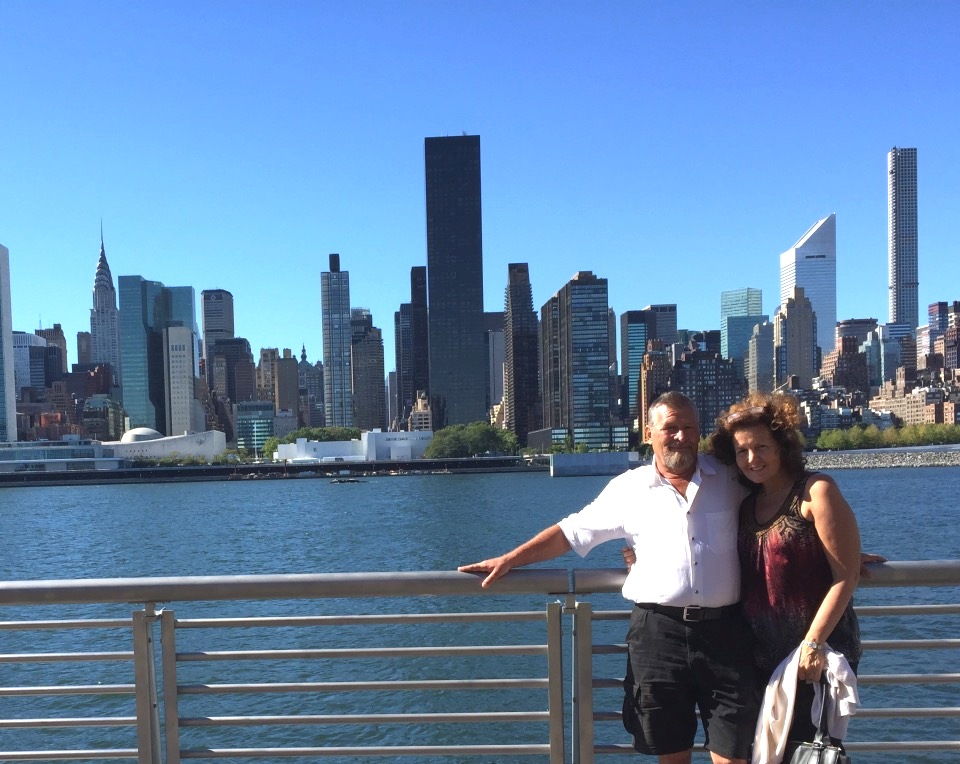
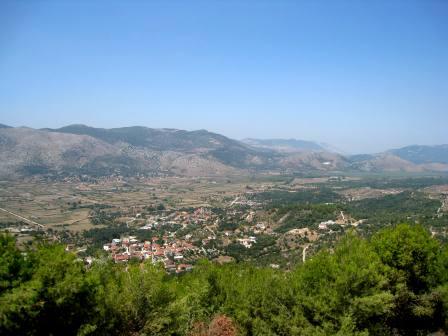
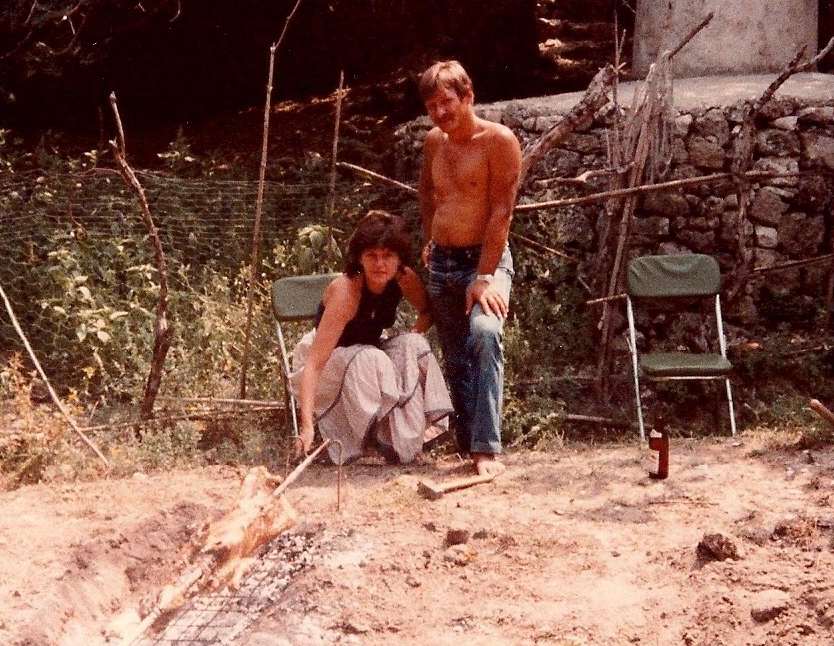
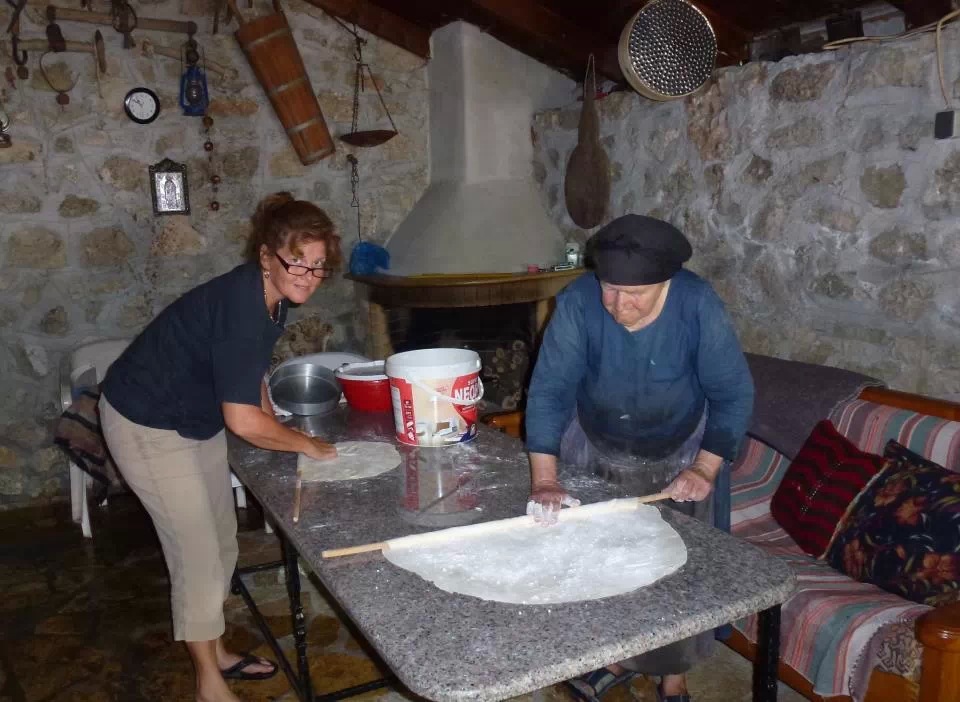
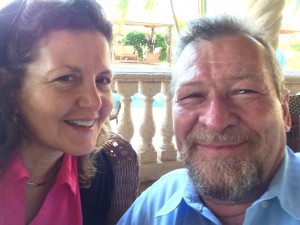
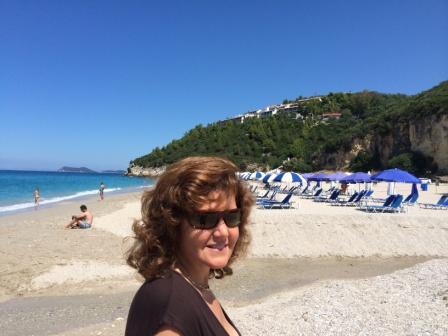
![519d3ZUdo5L._SX331_BO1,204,203,200_[1]](https://bigfatgreekodyssey.com/blog/wp-content/uploads/2015/12/519d3ZUdo5L._SX331_BO1204203200_1-200x300.jpg)
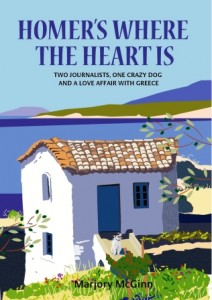
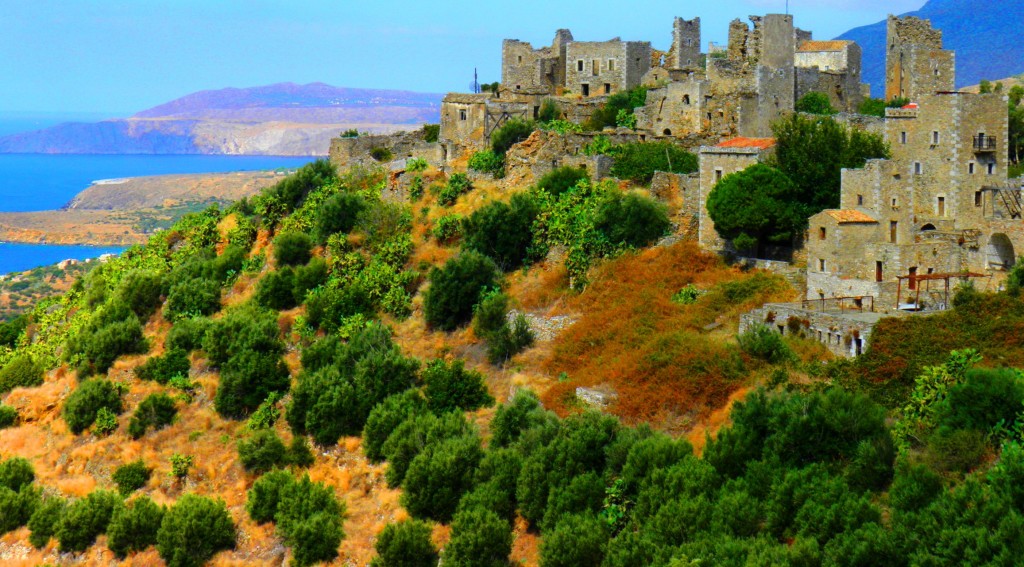
Well I did enjoy reading that, I can relate to Linda, I also married a Greek,whom I met while he was studying in England in 1977.I came back to Greece with him, got married, we’re still together, living in Greece.
I must track down Linda’s books, they sound fascinating.
Susan.x
Hi Susan,
Thanks for your comment. I agree, it’s always fascinating to read about other people’s experiences of living in Greece, especially when it involves a Greek husband. I’m afraid I’m a sucker for a good Greek mother-in-law story as well.
Regards,
Marjory
Thanks for that! I too can relate – I have lived in Greece for 16 years with my Greek husband. Also in a poor region – Evros on the border with Turkey. And guess what, I have learnt some fabulous recipes from the mother in law in the village. I also write about Greece, but in stories for pre-teens rather than adults.
Although I am happy to say that there are some things I cannot relate to – we do have running water and no problems with power.
Hi Alex,
Thanks for your comment. Glad you’re enjoying your adventure in remote Evros. When Linda was talking about no running water in the blog interview, it was the eighties she was talking about. Not now, thankfully. There are very few areas left like the ones we all encountered a few decades ago.
Kind regards,
Marjory
Marjory,
Thank you again for such a lovely interview and for all of your advice. I hope we can sit and have a cup of coffee someday. I think we could have some great conversations.
Alex and Susan, your stories are equally interesting. I’d love to hear more of those also. By the way, unfortunately, we DO still have issues with water! Because the pipe system carries water over the mountains (some pipes exposed, some underground) they often seem to mysteriously get broken. Some surmise that workers who need the overtime pay, go and bust the pipes.
I still have anxiety attacks when the water pressure gets very low and I run around filling up every receptacle that I can find. Sometimes, it’s just low water pressure because the whole village is watering their gardens and then I just look like a lunatic with pots of water lined up around the house, but most of the time, I’m spot on and very glad to have the water.
Again, thanks Marjory.
Linda
Hi Linda,
You’re very welcome and one day I too hope we can meet up.
Your water problem sounds crazy. Water in Greece is always a problem though with pipes bursting in summer on main roads and no water for days.
We had a large water tank in Koroni behind the house that was old and I was always sure it would be full of critters.
Needless to say we never actually drank it.
Keep writing Linda.
Regards,
Marjory